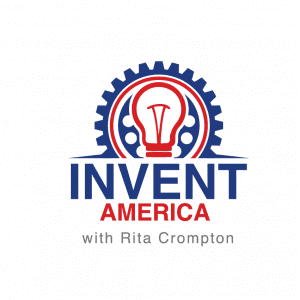I recently had a call from a patent attorney who wanted me to introduce him to my clients so that he could offer to buy their intellectual property from them. He has, what is called, an “Intellectual Property Holding Company” or “IPHC”.
IPHC’s come in essentially three different flavors. The first category consists of those whose purpose is essentially malevolent; they buy up IP, lie patiently in the grass and wait until a major company introduces an arguably infringing product, and then they pounce on that company with a lawsuit, demanding extraordinary damages. The purpose of the lawsuit is not to pursue the actual litigation; rather, the purpose is to use the litigation to force a settlement in which the IPHC extorts a lucrative contract for licensing the patented technology to the infringer. These types of predatory IPHC’s are commonly referred to as “patent trolls”.
The next category are tax-advantaged off-shore subsidiaries of major industrial corporations with significant amounts of IP. These types of IPHC’s are set up principally as a tax dodge. As a category, they consist of off-shore holding companies in tax-friendly jurisdictions that are set up exclusively to hold the parent corporation’s IP and therefore secure for the parent, favorable tax treatment when the earnings are repatriated to the U.S.
The last category consists of groups of individual inventors who decide to band together to better position themselves to ultimately monetize their IP.
I always approach IPHC’s, particularly the patent trolls, with a measure of caution. And, while I do not know the type of business model being pursued by the company represented by my attorney caller, my antenna were up. Nevertheless, I do believe that there are circumstances when selling one’s IP to an IPHC might be a good option for an inventor. And, there are even some situations when I might actually recommend an IPHC to a client.
As a general rule, however, it’s my opinion that you have other options that will prove more lucrative for you and should be considered first. You will get a much better offer if you do the work that is required to get a good licensing agreement from a company that will manufacture and sell your product. It’s hard work, it takes time and money, but the pay-off is much more satisfying. Therefore, in most situations, selling your intellectual property to an IPHC should be considered only as an option of last resort.
Remember: always be careful and get help. When it comes to selling, licensing and otherwise monetizing your intellectual property, it’s complicated and the price of a qualified, professional advisor is miniscule compared to the amount of money you might end up leaving on the table.








